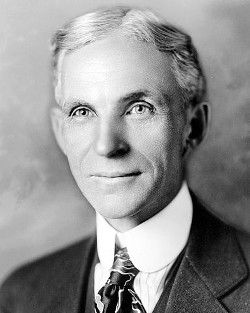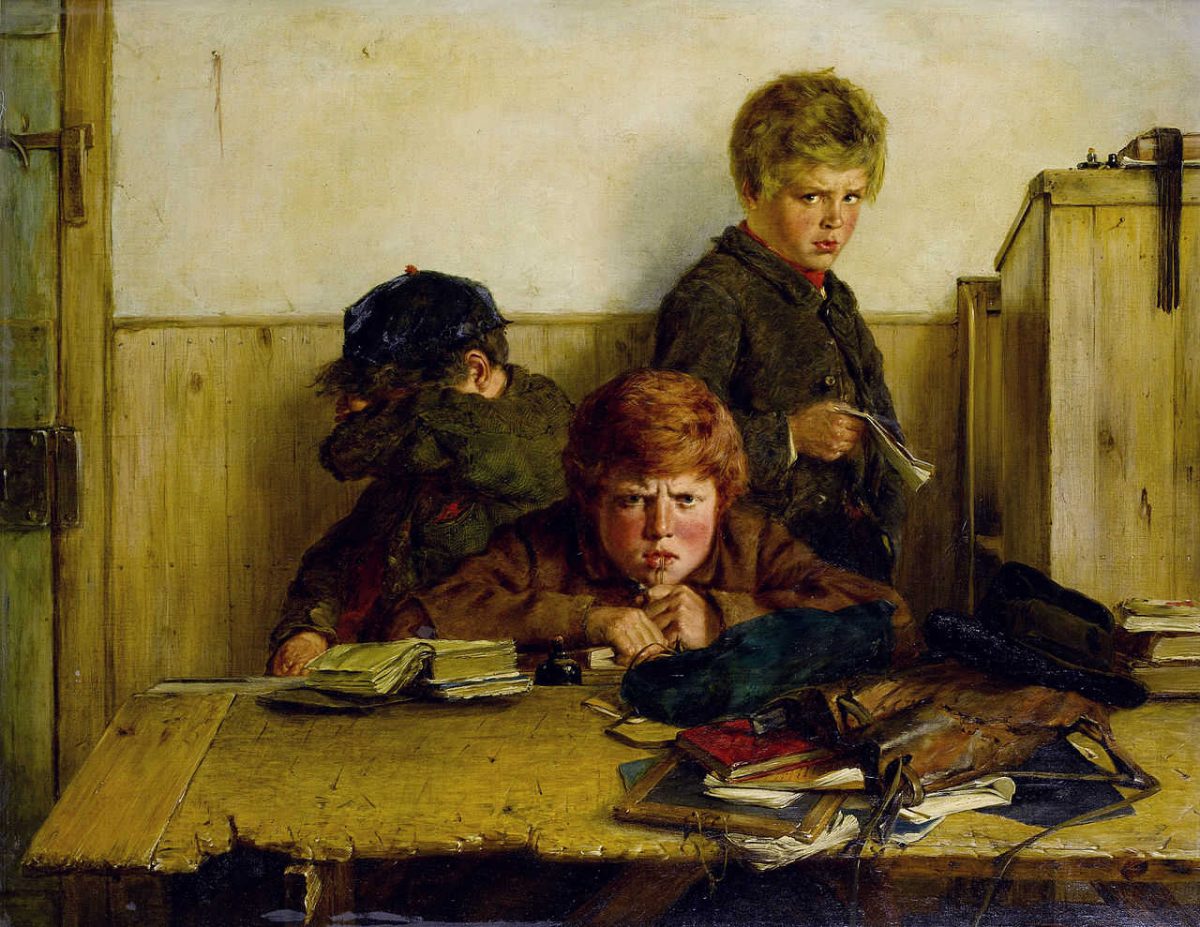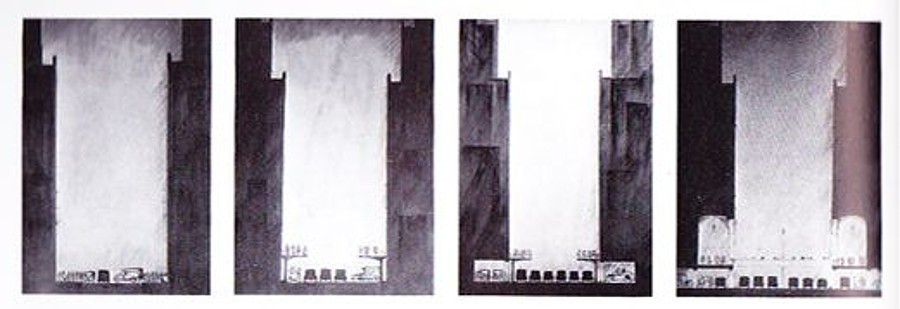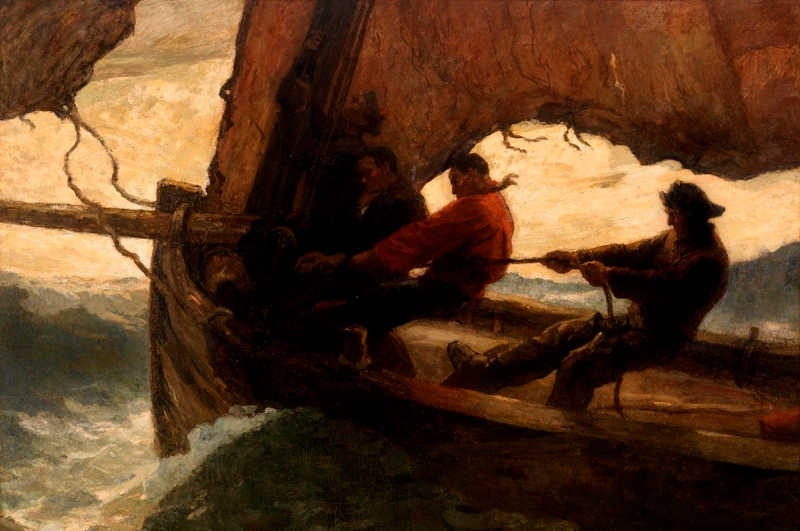Houston attorney Robert Malinak sent this courtroom transcript to the Texas Bar Journal in 1999. He said it had been sent to him by “a credible New York lawyer”:
CLERK: Please repeat after me: “I swear by Almighty God.”
WITNESS: “I swear by Almighty God.”
CLERK: “That the evidence I give …”
WITNESS: That’s right.
CLERK: Repeat it.
WITNESS: “Repeat it.”
CLERK: No! Repeat what I said.
WITNESS: What you said when?
CLERK: “That the evidence that I give …”
WITNESS: “That the evidence that I give.”
CLERK: “Shall be the truth and …”
WITNESS: It will, and nothing but the truth!
CLERK: Please, just repeat after me: “Shall be the truth and …”
WITNESS: “Shall be the truth and.”
CLERK: Say: “Nothing …”
WITNESS: Okay. (remains silent)
CLERK: No! Don’t say nothing. Say: “Nothing but the truth …”
WITNESS: Yes.
CLERK: Well? Do so.
WITNESS: You’re confusing me.
CLERK: Just say: “Nothing but the truth …”
WITNESS: Okay. I understand.
CLERK: Then say it.
WITNESS: What?
CLERK: “Nothing but the truth …”
WITNESS: But I do! That’s just it.
CLERK: You must say: “Nothing but the truth …”
WITNESS: I WILL say nothing but the truth!
CLERK: Please, just repeat these four words: “Nothing” — “But” — “The” — “Truth.”
WITNESS: What? You mean, like, now?
CLERK: Yes! Now. Please. Just say those four words.
WITNESS: Nothing. But. The. Truth.
CLERK: Thank you.
WITNESS: I’m just not a scholar.







